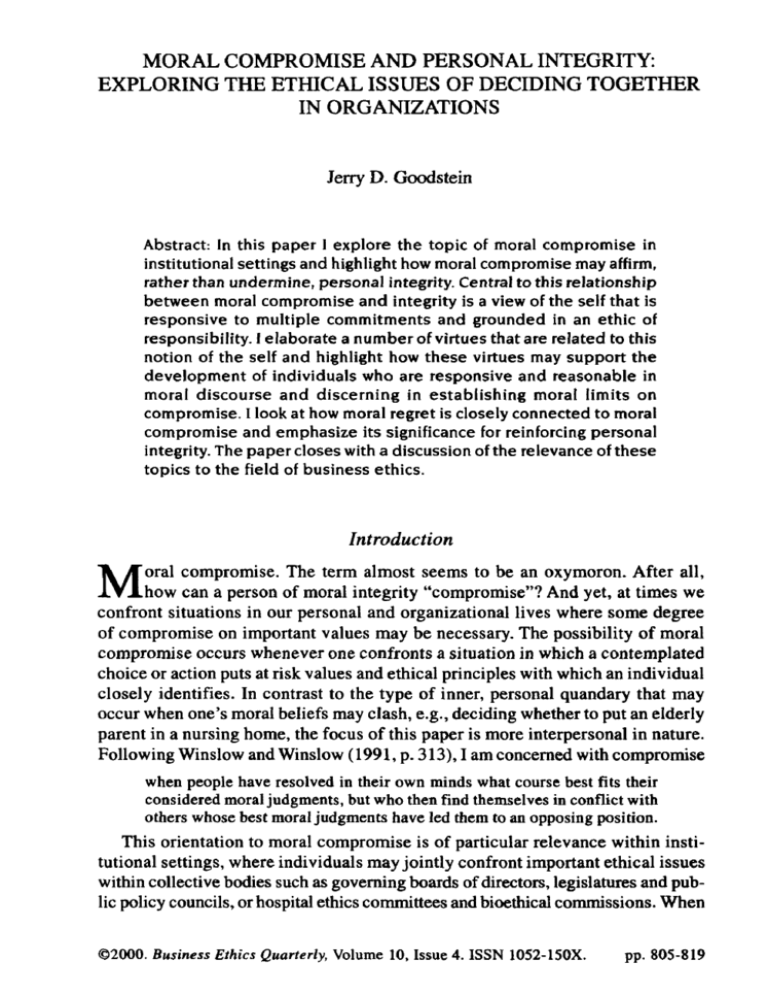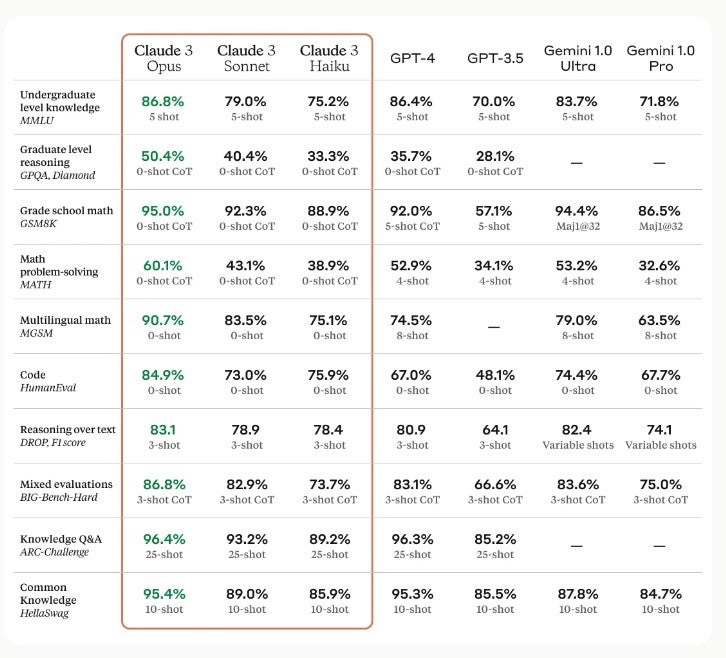The Kite Runner In Nigeria: A Study Of Pragmatism And Moral Compromise

Table of Contents
Socio-Cultural Parallels in Nigeria and Afghanistan
Despite geographical distance and distinct cultural practices, Afghanistan and Nigeria share striking socio-cultural parallels that illuminate the universality of The Kite Runner's themes.
Shared Experiences of Trauma and Conflict
Both Afghanistan and Nigeria have endured prolonged periods of conflict and societal trauma. The Afghan conflict, depicted vividly in The Kite Runner, resonates with Nigeria's own history, particularly the devastating Nigerian Civil War (1967-1970).
- The brutality of war and its lasting impact on individuals and communities are central to both narratives. In The Kite Runner, the Soviet invasion and subsequent civil war leave indelible scars on Amir and his country. Similarly, the Nigerian Civil War left a legacy of deep-seated trauma and societal divisions that persist to this day.
- Both contexts illustrate the displacement and suffering of civilians caught in the crossfire of conflict. The loss of innocence, the forced migration, and the struggle for survival are common threads that bind the fictional world of The Kite Runner to the lived realities of many Nigerians.
- The lingering effects of trauma, including PTSD and intergenerational trauma, are significant themes in both contexts. The psychological scars of conflict shape individual choices and relationships in ways directly relevant to understanding the characters' actions in The Kite Runner within a Nigerian context.
The Impact of Class and Social Hierarchy
The Kite Runner vividly portrays the stark class divisions in Afghan society, with Amir's privileged upbringing contrasting sharply with the impoverished lives of Hassan and his father. These class dynamics find parallels in Nigeria, where wealth, ethnicity, and social connections often determine access to resources and opportunities.
- The influence of power and wealth in shaping social relationships is a significant theme in both contexts. The imbalance of power between Amir and Hassan mirrors similar power dynamics within Nigerian society, where those with greater resources often wield disproportionate influence.
- Ethnic tensions and the complex interplay of tribal affiliations also create significant social hierarchies in both countries, influencing social interactions and access to opportunities.
- The novel's exploration of the consequences of social inequality resonates deeply within the Nigerian context, where vast disparities in wealth and access to resources contribute to ongoing social and political tensions.
Pragmatism and Moral Compromise in a Nigerian Context
The characters in The Kite Runner frequently face moral dilemmas, forced to make difficult choices based on societal pressures and the need for personal survival. This concept of pragmatism and moral compromise finds a compelling resonance within the Nigerian context.
Navigating Moral Dilemmas
- Amir's betrayal of Hassan exemplifies the complex interplay between personal morality and societal pressures. In Nigeria, navigating corruption, nepotism, and other societal ills often forces individuals to make difficult ethical choices to survive or advance.
- The novel highlights how fear, self-preservation, and the desire to maintain social standing can lead individuals to compromise their moral principles. This struggle mirrors the challenges faced by many Nigerians navigating a complex and sometimes challenging social environment.
- The concept of "looking the other way" in the face of injustice, a theme explored in The Kite Runner, is sadly relevant to many situations in Nigeria, where societal pressure to conform can overshadow individual ethical convictions.
The Role of Family and Tradition
Family and tradition are central to both The Kite Runner and Nigerian culture. These factors significantly influence moral decisions and the consequences of defying societal expectations.
- The strong emphasis on family honor and patriarchal structures in both cultures shapes the moral choices of individuals. Similar to the Afghan context, family expectations and the pressure to maintain social standing can lead to difficult choices in Nigeria.
- Traditional values and cultural norms often dictate appropriate behavior and moral conduct, sometimes clashing with individual values and beliefs. This conflict is a recurrent theme throughout the novel and is equally relevant in understanding moral choices within Nigerian society.
- The role of elders and the weight of tradition in resolving conflicts and shaping moral judgments are similar in both Afghan and Nigerian contexts. The influence of customary law and social norms shapes ethical decision-making in ways that are strikingly similar across these geographically distant cultures.
Redemption and Forgiveness in the Nigerian Narrative
The Kite Runner offers a powerful exploration of redemption and forgiveness. This theme carries significant weight when viewed within the Nigerian context.
The Possibility of Atonement
The novel's journey of Amir’s atonement resonates deeply with the Nigerian desire for social healing and reconciliation.
- The idea of seeking forgiveness and making amends for past wrongs is a universally relevant theme. In Nigeria, as in Afghanistan, cultural perspectives on guilt, shame, and forgiveness shape the possibility of redemption.
- Traditional restorative justice mechanisms in many parts of Nigeria offer pathways to reconciliation and forgiveness, mirroring Amir's journey towards atonement. These practices often focus on community healing and the restoration of social harmony.
- The process of seeking forgiveness and making amends can be challenging, especially when considering the impact of collective trauma and intergenerational guilt. This complexity echoes the difficulties faced by Amir in his search for redemption.
Reconciliation and Social Healing
The novel's ending, with its emphasis on reconciliation and forgiveness, offers a powerful message of hope. This message resonates strongly within the Nigerian context, where social healing and conflict resolution are critical for national progress.
- Following periods of conflict and societal division, the need for reconciliation and social healing is paramount. Nigeria's history offers many instances where this process has been crucial for national unity and stability.
- The process of addressing past injustices and promoting forgiveness are essential steps in building a more just and equitable society. This is a challenge shared by both Afghanistan and Nigeria.
- The potential for societal transformation through reconciliation and social healing suggests a powerful message of hope and possibility, drawing parallels between The Kite Runner's narrative and the ongoing efforts towards peace-building in Nigeria.
Conclusion: The Enduring Relevance of The Kite Runner in Nigeria
This article has demonstrated that The Kite Runner's exploration of pragmatism and moral compromise offers compelling insights into the human experience within the specific socio-cultural context of Nigeria. The novel's themes of betrayal, redemption, and the complexities of ethical decision-making resonate powerfully with the challenges and opportunities faced by Nigerians today. We have shown how the interplay of individual morality and societal pressures, examined through the lens of Nigerian culture and history, adds a new layer of understanding to Hosseini's powerful narrative. The key takeaway is the universality of moral dilemmas and the significant influence of cultural factors in shaping ethical choices. Further research is needed to explore the full extent to which The Kite Runner's exploration of pragmatism and moral compromise resonates within diverse Nigerian communities. Continue the conversation – what are your thoughts on the enduring relevance of The Kite Runner in Nigeria?

Featured Posts
-
 Old North State Report Key Findings For May 9 2025
May 20, 2025
Old North State Report Key Findings For May 9 2025
May 20, 2025 -
 Hmrc Targeting E Bay Vinted And Depop Sellers With Nudge Letters
May 20, 2025
Hmrc Targeting E Bay Vinted And Depop Sellers With Nudge Letters
May 20, 2025 -
 Chat Gpt Plus Gets A Coding Upgrade Introducing The Ai Coding Agent
May 20, 2025
Chat Gpt Plus Gets A Coding Upgrade Introducing The Ai Coding Agent
May 20, 2025 -
 Ferrari Lekler I Khemilton Posledstviya Dvoynoy Diskvalifikatsii
May 20, 2025
Ferrari Lekler I Khemilton Posledstviya Dvoynoy Diskvalifikatsii
May 20, 2025 -
 Isabelle Nogueira Anuncia Maiara E Maraisa Para O Festival Da Cunha Em Manaus
May 20, 2025
Isabelle Nogueira Anuncia Maiara E Maraisa Para O Festival Da Cunha Em Manaus
May 20, 2025
